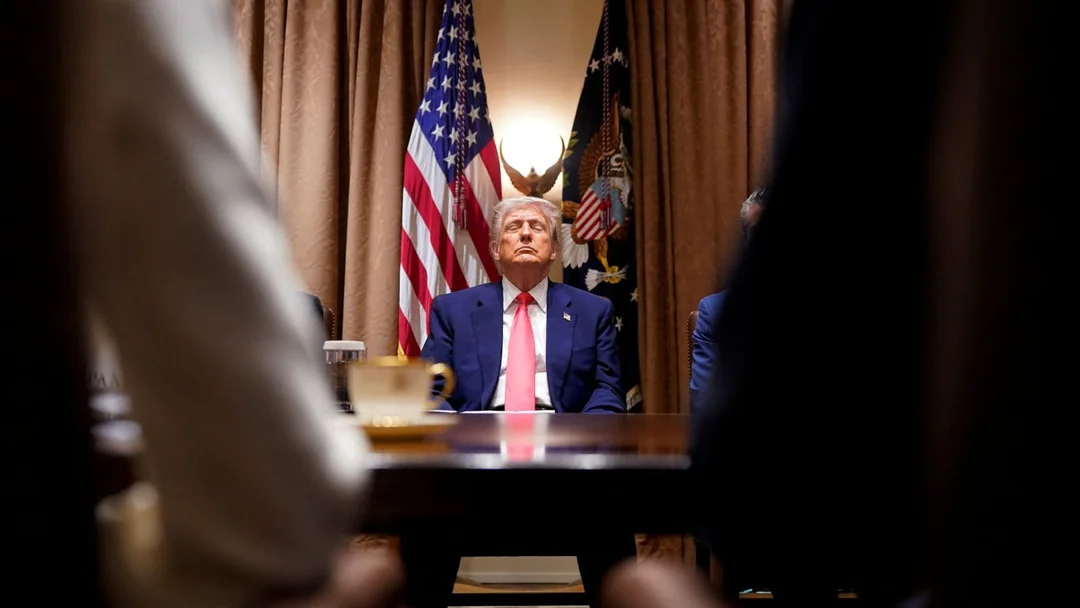
Legal Scholars and Conservative Advocates Unite Against Trump’s Tariffs
In a surprising legal twist, a coalition of conservative legal advocates is taking aim at one of the most controversial policies of the Trump administration: the sweeping tariffs imposed on imported goods. As economic concerns ripple through markets heavily impacted by these tariffs, the New Civil Liberties Alliance (NCLA) has filed a lawsuit challenging the president's authority to enact such measures, spotlighting the ongoing legal discourse around executive power in economic policy.
Last summer, when the Supreme Court of the United States shook the legal landscape by overruling the landmark Chevron decision in the case of Loper Bright Enterprises v. Raimondo, it emboldened conservative legal circles. John Vecchione, a lead lawyer in the case, celebrated the moment as a turning point for judicial oversight of federal agencies. According to Vecchione, the NCLA was founded to combat what it sees as the unlawful expansion of government authority over individual rights and businesses.
“We had champagne,” Vecchione remarked, reflecting on the critical developments. The NCLA's current fight against Trump's tariffs is representative of a broader ideological battle about the boundaries of presidential power. Launching its lawsuit shortly after what proponents have dubbed “Liberation Day”—the day Trump announced the extensive tariffs—the NCLA is attempting to dismantle what they perceive as unconstitutional overreach.

The lawsuit, brought forth on behalf of a small Florida business, highlights the immediate economic ramifications these tariffs have on American entrepreneurs. Simplified, owned by Emily Ley, relies on imported Chinese materials to produce stationery products, and argues that the tariffs have severely impaired her operations. "We are caught in the crossfire of a trade war that feels both chaotic and unjust," Ley stated, emphasizing the negative consequences of these policies on small businesses.
The legal arguments presented by the NCLA revolve around the assertion that President Trump has overstepped his constitutional authority. The complaint argues that tariffs are a form of taxation which, under Article I of the Constitution, is exclusively reserved for Congress. Citing the International Emergency Economic Powers Act (IEEPA) of 1977, which Trump used to justify his actions, NCLA notes the statute is fundamentally misapplied, as it has never been enacted to impose tariffs.
This case is significant not just for its potential economic implications but also for its constitutional stakes. As courts are becoming increasingly skeptical of unilateral presidential actions, this lawsuit may redefine the landscape of executive authority and its limits. Commentators have noted that if the NCLA prevails, it could set a precedent that limits future tariffs and reaffirms congressional power over economic regulation.
As the legal proceedings unfold, one must ask: what does this mean for the future of executive power in the United States? Could this be the beginning of a trend toward stricter limitations on presidential authority regarding international trade? The upcoming court rulings will likely serve as a referendum on the balance of power within the federal government. Readers are invited to share their thoughts on the matter below, as this developing story continues to hold significant implications for American business and governance.